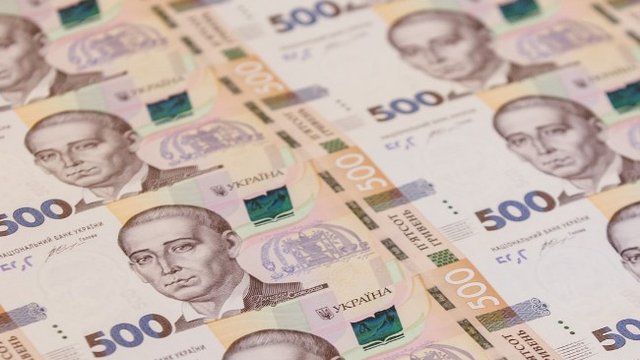Inflation in Ukraine in 2023 will decrease to 22.5%, current account surplus will be replaced by deficit of $5.7 bln – memo with IMF

The annual inflation rate in Ukraine is expected to gradually decrease from 30% at the end of 2022 to approximately 22.5% at the end of 2023, according to the Memorandum on Economic and Financial Policy of the IMF Program Monitoring with Board Involvement (PMB).
This reflects the residual effects of disruptions in supply and destruction of production capacity amid lower global energy prices, the document said.
"The current account is expected to move to a deficit of around $5.7 billion in 2023, following a projected surplus of $6.4 billion in 2022. This reflects a widening in the trade balance, as the recovery in export proceeds is expected to be slow, while import demand is expected to accelerate, due to continued demand for fuel, equipment, and materials for repair and rehabilitation. Sizable external financing inflows should support FX reserves levels of around $21 billion by end-2023, equivalent to 2.5 months of imports," the document says.
"The slow recovery reflects the persisting impact of the recent damage to energy infrastructure into the first quarter of the year. Activity is expected to pick up in subsequent quarters, supported mainly by government spending, while the recovery in exports is expected to be only gradual (in view of the destruction to capacity and residual logistical bottlenecks), and consumption growth is expected to remain weak (mainly on account of the decline in purchasing power)," the memo says.
"The economy could rebound more quickly if the security and infrastructure situation improve more quickly than expected. The economy could register a much stronger recovery should there be a faster than expected decline in security risks and a swifter resolution of the ongoing challenges to energy and logistical infrastructure. Under such assumptions, growth in 2023 could strengthen to 3-4%. The outlook could be further boosted a quicker return of migrants as well as through a large-scale reconstruction effort that accelerates the recovery," it reads.
"Nevertheless, uncertainty is high, and risks to the outlook are tilted to the downside, with implications for our external financing needs. The recovery in economic activity in 2023 could be much slower than expected. In particular, the recovery could be weaker should the impact of the recent attacks on critical infrastructure persist for longer than expected, the security situation deteriorate, the grain corridor shut down, or outward migration accelerate. In such scenarios, our external financing needs could be markedly higher," it says.








